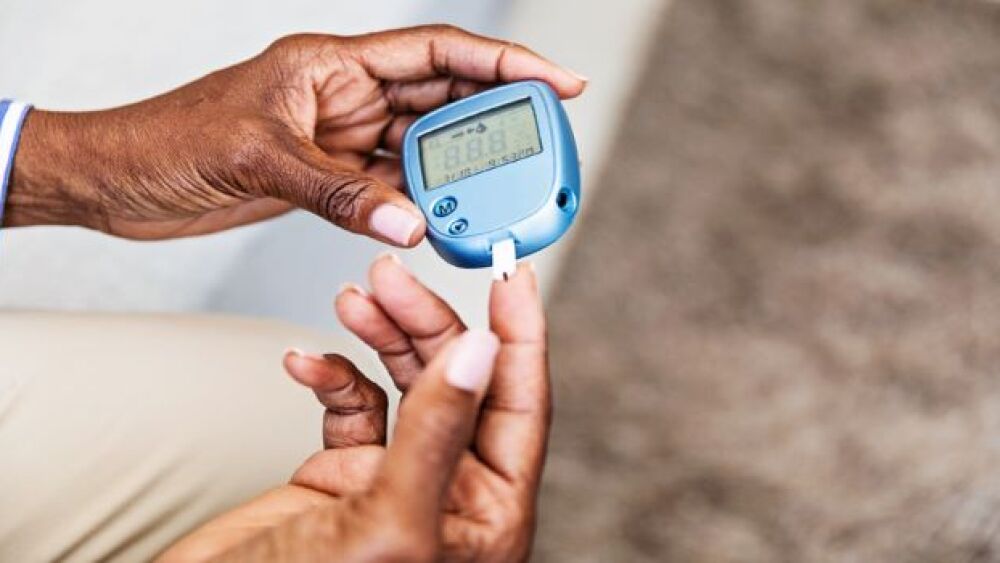Sernova shared positive Phase I/II data from an ongoing clinical study of its implantable Cell Pouch device that showed evidence of in vivo active insulin production.
Weeks after announcing a significant partnership with Evotec to advance treatment for type 1 diabetes, Canada-based Sernova Corp. shared positive Phase I/II data from an ongoing clinical study of its implantable Cell Pouch device that showed evidence of in vivo active insulin production following implantation of the device and islet transplantation.
Data from the study, which was presented at the American Diabetes Association meeting, showed that the first three patients of the six in total who received the implant continue to be insulin-independent following treatment. Before entering the study, each of the patients required insulin and had hypoglycemia unawareness, a potentially dangerous condition where the diabetic does not know if their blood sugar level has fallen too low.
One of the patients who achieved insulin freedom has been insulin-free for more than two years, while the other two have been free of the need for medication injections for six months and three months, respectively. At this point, the other three patients in the study have not had the device long enough to determine measurable results.
But, for these three patients, this is the first clinical trial evidence of positive serum C-peptide confirming direct evidence of in vivo active insulin production. Not only that, but the first three patients now have HbA1c values within the normal range.
Philip Toleikis, CEO of Sernova, told BioSpace that the patient who has been insulin-independent for the past two years is thrilled with the new freedoms she has from insulin shots taken multiple times per day. Toleikis said the woman in her 40s speculated she had taken tens of thousands of insulin shots in her lifetime.
“For two years, that’s a lot of stress removed from her life. This is a major step forward,” Toleikis said. “Our goal is to have patients be insulin-independent for as long as the cells are working in their body.”
Sernova’s Cell Pouch is an implantable device that releases the primary donor islets. The device is implanted under the skin in a minimally-invasive procedure. At this time, Toleikis noted they are unsure of how long the device will continue to function and release the islets, which he said can read blood sugar levels and produce insulin when necessary. If it’s not needed, they will not produce insulin.
“We know it works for at least two years,” he quipped, noting this is all part of the scientific research involved in developing a functional cure for type 1 diabetes, a disease that is historically difficult to manage.
Type 1 diabetes is an autoimmune disease that causes an individual’s pancreas to stop producing insulin. It is caused when the body’s immune system attacks and destroys insulin-producing cells in the pancreas, which are known as beta cells. There are currently no cures or preventative measures for type 1 diabetes.
However, multiple companies beyond Sernova are attempting to develop treatments and cures for the disease, including Vertex Pharmaceuticals, which is developing its own pancreatic islet cell replacement therapy, VX-880, which was recently hit with a clinical hold from the U.S. Food and Drug Administration.
For type 1 patients, Toleikis noted that it has been a long wait for a long-term solution to their disease.
“The way I look at this, it’s frustrating. It’s 100 years since insulin has been discovered and there hasn’t been much improvement in treatments,” Toleikis said. “People with type 1 diabetes are really determined to have something better than what’s out there now. We’re getting to the point where we have something that can help them.”
Toleikis anticipates enrolling a few more patients in the ongoing Phase I/II study that is being conducted at the University of Chicago. He expects new patients enrolled in the study to be outfitted with a larger style of Cell Pouch that is designed to disperse the cells more widely across the body in order to be even more effective at producing insulin within the patients. He said the FDA has already cleared the larger Cell Pouches for use in the clinical trial.
In the future, the device will be used with the induced pluripotent stem cell (iPSC)-based beta cell replacement therapy gained from the partnership with Evotec. Germany-based Evotec’s islet-like clusters are functionally equivalent to primary human islets in their ability to normalize blood glucose levels in in vivo models over several months. The iPSCs will be paired with the Cell Pouch to provide a long-term, functional cure for type 1 diabetes.
Sernova has been interested in using induced pluripotent stem cells for some time but has had to wait for the technology to be advanced enough to suit their needs and the needs of the patients. “As a PSC expert, Evotec has exceeded all our expectations,” Toleikis said.
Currently, Sernova is focused on type 1 diabetes, but through its partnership with Evotec, it could assess the combination of the Cell Pouch and iPSCs in type 2 diabetes, which is a much larger market.





